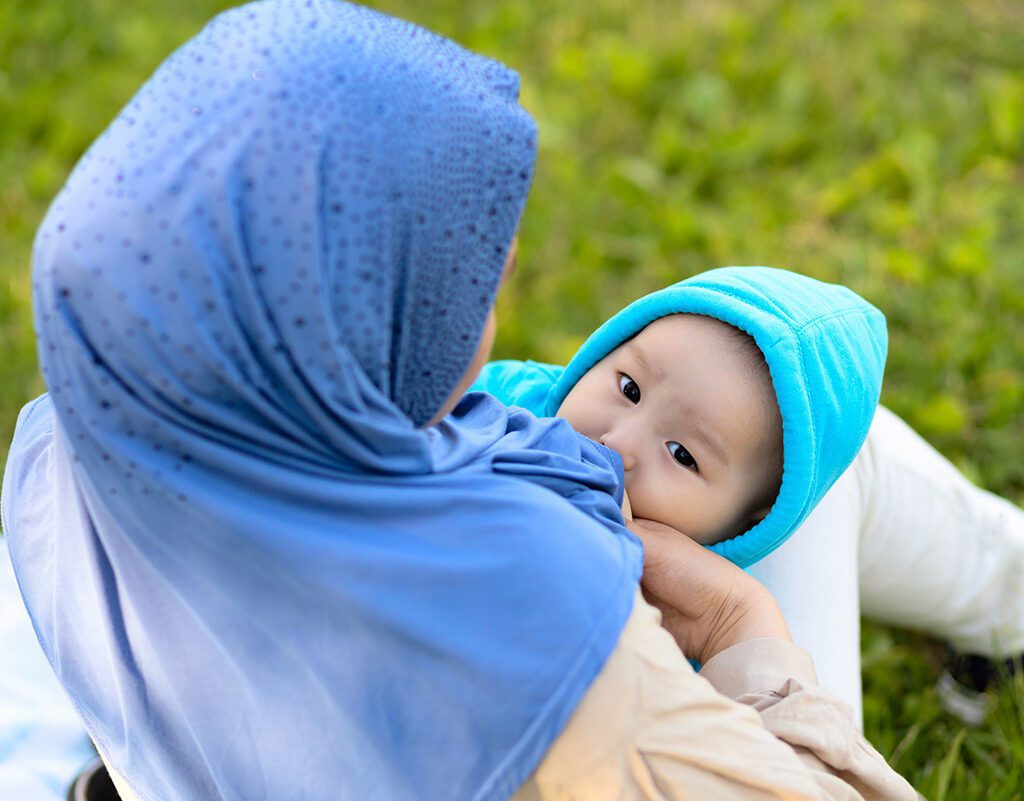At Nurturely, we are committed to promoting equity in perinatal wellness and strengthening cultures of support for infants and caregivers. As we focus on our mission, we cannot ignore the intersection of lactation and perinatal health equity with climate change. It is essential to recognize the impact of lactation on the environment and how it relates to our work on perinatal health equity.
Human milk is not only beneficial for infant health but also has a positive impact on the environment. A recent study showed that feeding babies for six months with breastmilk saved 95-153kg CO₂e (carbon dioxide equivalents) per baby compared to formula feeding. If all babies were fed breastmilk for just six months, the carbon emission savings would equate to removing between 50,000 and 77,500 cars from the road for a year. This data holds true, even when considering the small additional dietary demands of feeding.
On the other hand, formula feeding contributes to climate exacerbation through greenhouse gas emissions from the dairy industry, food processing, transportation, waste from single-use cans, bottles, refrigeration, and reheating. The water footprint of milk powder alone has been estimated at about 4,700 liters of water per kilo of milk powder. Formula is supplemented with multiple ingredients such as palm oil to approximate the minerals and vitamins required by babies for growth and development. Despite industry proclamations for greening of their supply chains, recent temporary suspensions from the Roundtable on Sustainable Palm Oil highlight potential deficiencies in sustainability in global food production.
As we strive towards perinatal health equity, we need to keep in mind the impact of feeding on the environment. It is a reminder that our efforts for equity must be intersectional and sustainable. Encouraging and supporting feeding can contribute positively to the environment and help us reduce carbon emissions.
